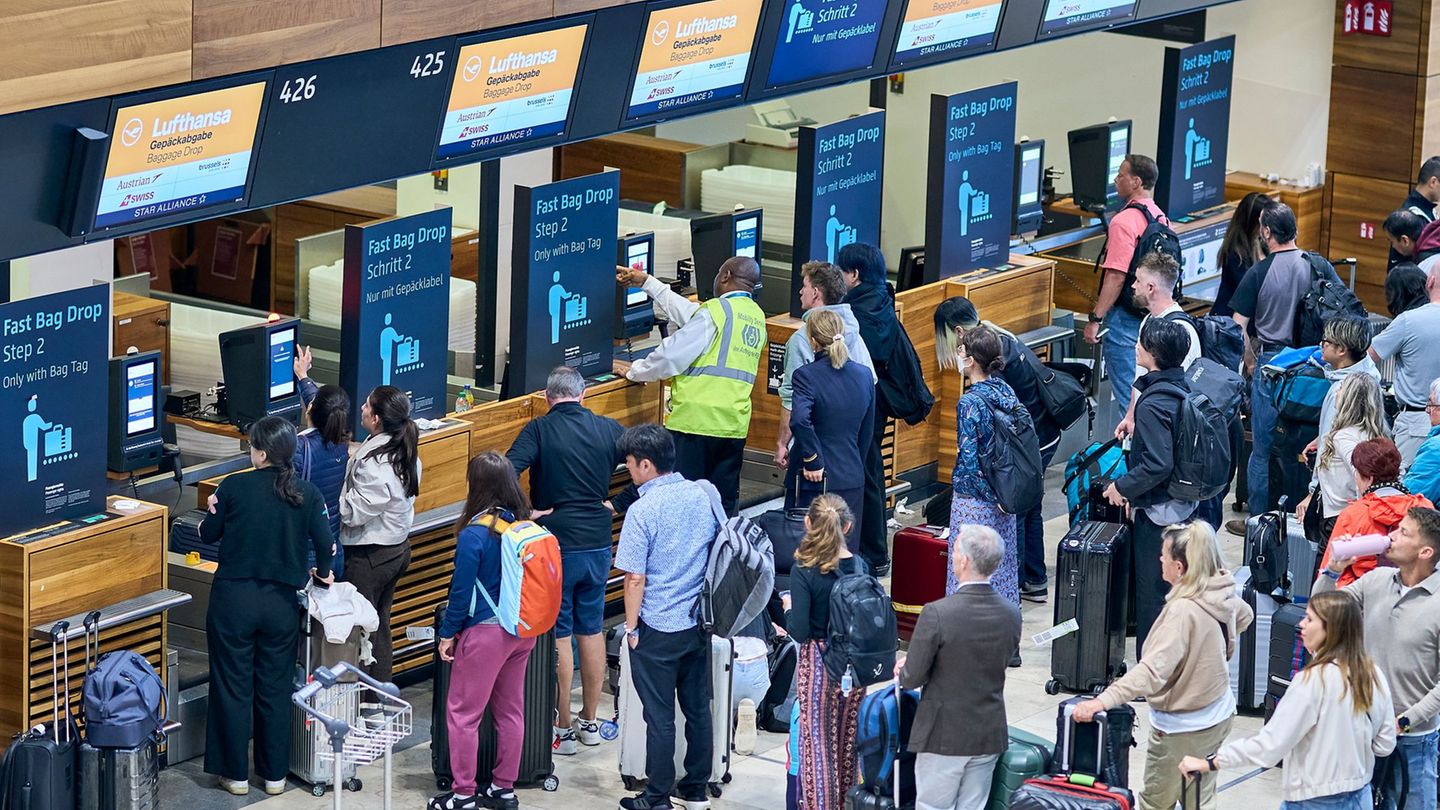EU and Great Britain – that was once. The consequences of the final exit are also becoming visible in German foreign trade. Great Britain drops several places in the ranking of export countries.
A year after the UK left the European Union, German exports to the UK have continued to fall, bucking the general trend.
According to preliminary calculations by the Federal Statistical Office, goods worth 65.4 billion euros were delivered to the country last year. That was 2.5 percent less than a year earlier. In the Corona crisis year 2020, exports “Made in Germany” to Great Britain collapsed by 15.3 percent.
From January to November 2021, exports to Great Britain fell by 2.0 percent to 60.5 billion euros compared to the same period in the previous year, as the Wiesbaden authority announced on Friday. Imports fell by 7.7 percent to 29.4 billion euros. On the list of exporting countries, the United Kingdom fell from 5th place in the same period last year to 8th place. The most important export goods from Germany to Great Britain in the first eleven months of 2021 were motor vehicles and motor vehicle parts with a value of 14.0 billion euros (minus 2.1 percent compared to the same period in the previous year).
In contrast, German foreign trade as a whole recovered last year from the slump in the 2020 Corona crisis. Exports and imports increased significantly.
Less trade with EU
According to calculations by the Munich-based Ifo Institute, Brexit has also had a negative impact on trade between the EU and the United Kingdom. The UK’s share of goods exports from the 27 EU member states fell from 6.2 percent in 2019 to 5.2 percent last year. At the same time, the share of EU-27 goods imports fell from 3.9 to 2.6 percent in 2021.
Another part of the negative consequences took place before the exit in 2020, said Ifo expert Lisandra Flach. Companies were unsettled and had adapted to the new environment after the Brexit referendum in 2016. The trade and cooperation agreement between the EU and Great Britain was able to avoid higher tariffs. But test certificates or other requirements that made crossing the border more time-consuming and complicated now drove up the trading costs.
Source From: Stern
Jane Stock is a technology author, who has written for 24 Hours World. She writes about the latest in technology news and trends, and is always on the lookout for new and innovative ways to improve his audience’s experience.




